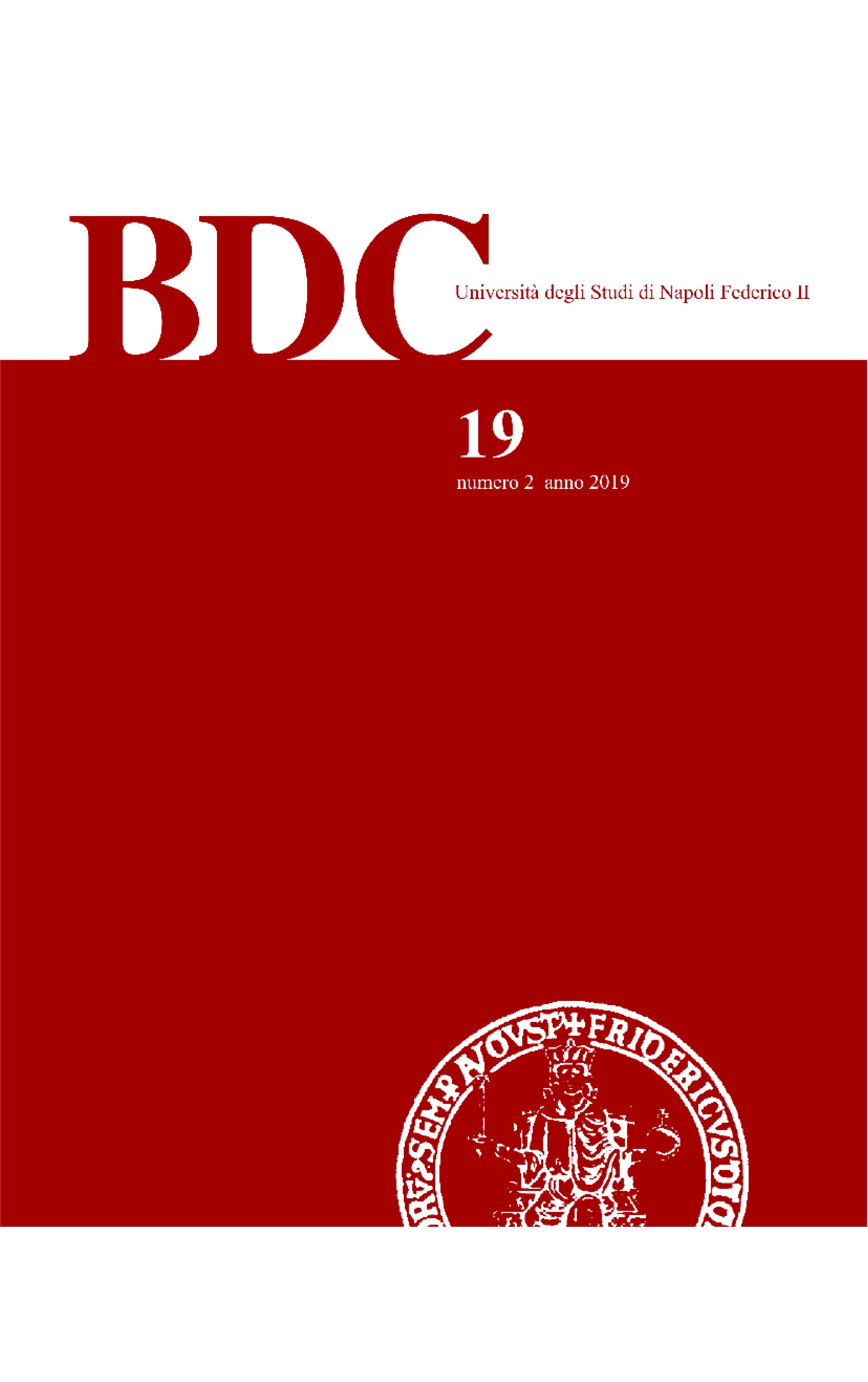CULTURAL HERITAGE ADAPTIVE REUSE: LEARNING FROM SUCCESS AND FAILURE STORIES IN THE CITY OF SALERNO, ITALY
DOI:
https://doi.org/10.6092/2284-4732/7273Abstract
Cultural heritage is considered as a resource for sustainable development in cities and regions. Local governments such as municipalities and provincial bodies are often owners of cultural heritage assets that are not listed as national or World Heritage properties, but are recognized as relevant cultural heritage for the local communities. However, they lack the necessary financial and human resources to recover and maintain this “minor” cultural heritage. Thus, decisions on the financing and management of cultural heritage owned by local governments highly depend on the availability of the public owner to create partnerships with third parties. This paper analyses and compares success and failure cases in cultural heritage adaptive reuse in the city of Salerno, Italy, in order to identify decision-making criteria for public owners of “minor” cultural heritage assets based on the characteristics of different heritage properties and context conditions.
Keywords: cultural heritage, adaptive reuse, management models

